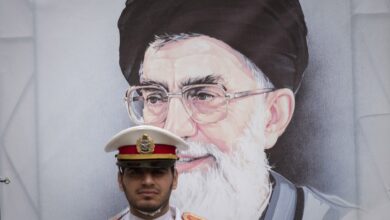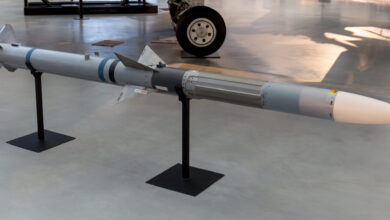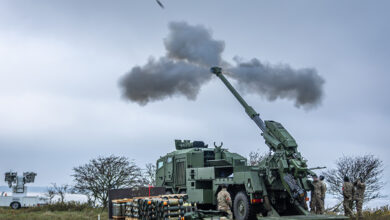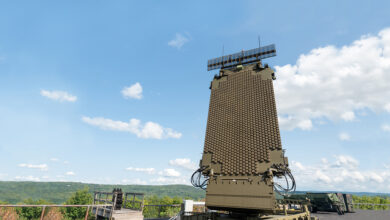
When President Joe Biden and his team took office a year ago, they claimed to possess a clear vision of reinstating the Transatlantic Alliance undermined by Donald Trump.
But today, with hundreds of thousands of Russian troops gathered at Ukraine’s border, there is little evidence that America’s European partners have much appetite for showing a united front.
The president is trapped between a defiant Russia, powerhouse China, and what seems to be a growing coalition of the unwilling.
However, Ukraine is not the only region where President Biden’s vision of transatlantic cooperation is in danger of irrelevance. One only needs to look to the Western Balkans to see another urgent example of what happens in a vacuum of US leadership.
Lacking American Presence
For the last 15 years, hopes for sustainable, democratic peace in post-war Bosnia and Herzegovina have fallen apart in the absence of a decisive American presence.
After the US abandoned the region in 2006 with the failure of constitutional reform, its retreat has been followed by an aggressive Russian presence built on nationalistic sentiments, advanced military support, and natural gas.

The sense of unease in Bosnia is palpable and growing by the month. The weary political atmosphere in the country is reminiscent of 1992. The main culprit is Milorad Dodik, the controversial Bosnian Serb leader whose separatist rhetoric has pushed the country to the brink of yet another armed conflict.
‘Cold Peace’ in Bosnia and Herzegovina
Bosnians paid a high price for peace during the war that lasted until late 1995; more than 150,000 people were killed, including the Srebrenica genocide.
After the Clinton administration brokered the Dayton Agreement in December 1995, the bloodshed stopped, but the treaty did not dissolve the animosities between Bosnian Muslims and Christian Serbs.
The Republika Srpska and the Federation of Bosnia and Herzegovina have become antagonists in a “cold peace.” While the international community hoped that the Euro-Atlantic reintegration would allow the two entities to cooperate and set aside their historical enmity, this hasn’t happened.
After 9/11, the US and its allies looked away while Republika Srpska’s leadership turned increasingly nationalist and militarist with strong political, economic, and military support from Moscow and ultra-right politicians within the European Union.
Today, emboldened by Europe’s casual attitude, Dodik calls for the secession of Republika Srpska, challenging the very foundation of peace in the country.
Destabilizing Rhetoric
In January, the US announced economic sanctions against Dodik and his close allies, but this move has come much too late. Right-wing extremist European politicians and Russia are already entirely behind Dodik’s destabilizing rhetoric.
A month earlier, it was revealed that the EU Commissioner for Neighborhood and Enlargement, Oliver Varhelyl, accused the Office of the High Representative (which oversees civilian implementation of the Dayton Agreement) of provoking Bosnian Serbs by imposing a law that bans and penalizes genocide denial.
Then, on January 9, a delegation of right-wing French MEPs and the Russian Ambassador to Bosnia attended the Republika Srpska’s Constitution Day celebrations, where Dodik proudly watched the parade of the “RS Police” marching in full military clad and chanting war songs.
Peace in the 21st Century
Vladimir Putin’s build-up on the Ukrainian border is a serious threat to world peace. But the situation in Bosnia should also serve as a warning sign to Washington: if the US does not send a strong response, its European partners will not act on their own.
Bosnia is small, far away, and unmentioned in today’s alarming headlines. But Biden’s promise to revive Transatlantic Alliance is at stake in the Western Balkans, too.
If the US is to remain a viable enforcer of strategic peace in the 21st century, the Biden administration needs to take notice, and act now.
 Doga Eralp (@UlasDogaEralp) is a senior professorial lecturer at American University’s School of International Service.
Doga Eralp (@UlasDogaEralp) is a senior professorial lecturer at American University’s School of International Service.
The views and opinions expressed here are those of the author and do not necessarily reflect the editorial position of The Defense Post.
The Defense Post aims to publish a wide range of high-quality opinion and analysis from a diverse array of people – do you want to send us yours? Click here to submit an op-ed.











